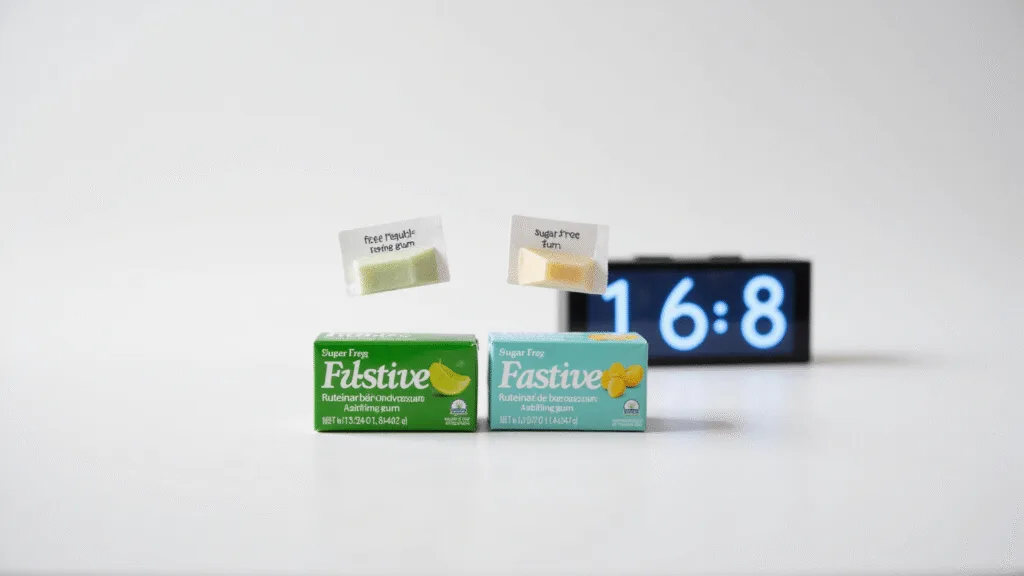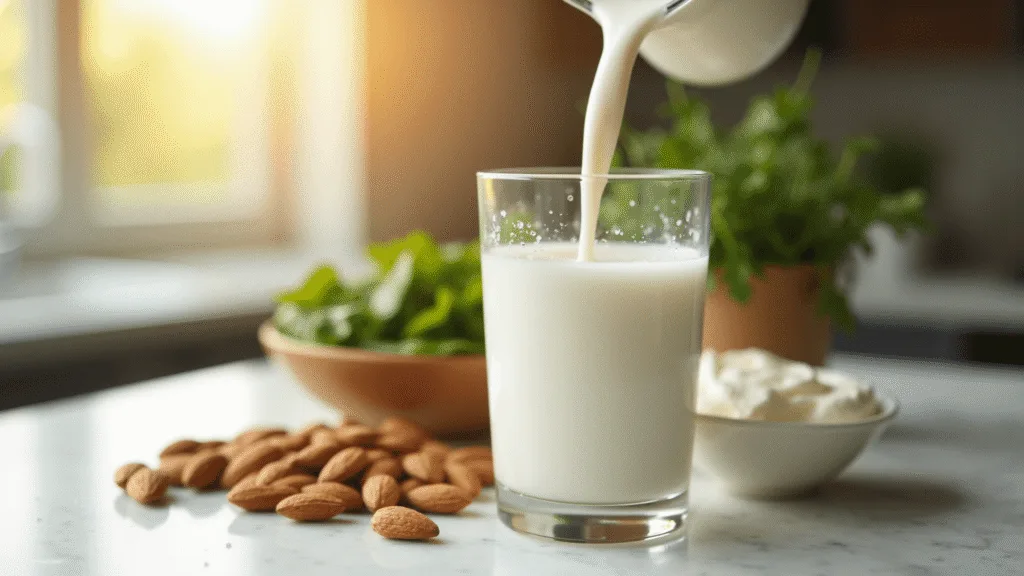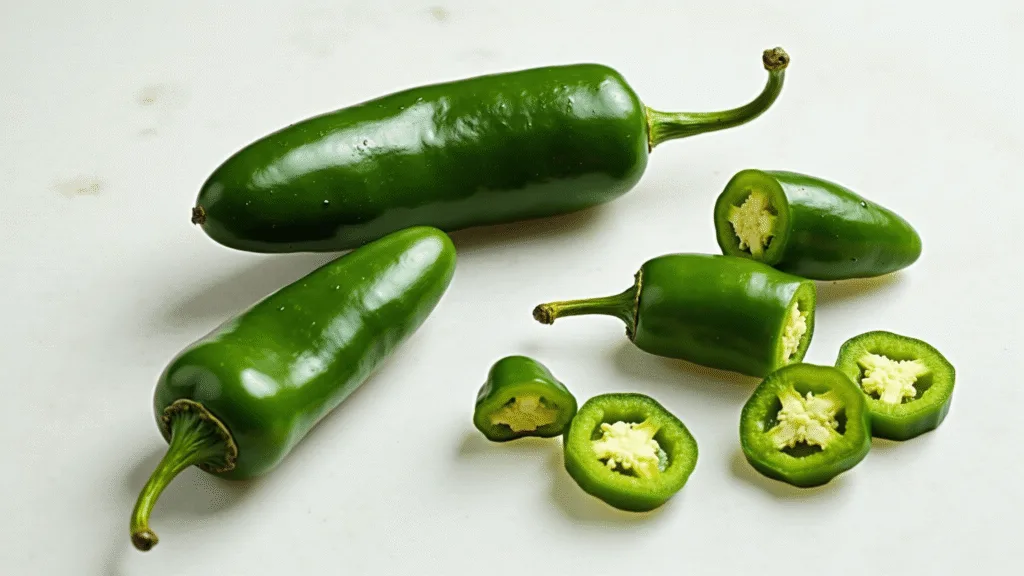The Shocking Truth About What Alcohol Really Does
Every sip of alcohol sets off a cascade of biological reactions that most people never understand.
Our bodies aren’t designed to process alcohol like other nutrients.
Instead, alcohol becomes a metabolic priority that disrupts nearly every organ system.

Breaking Down the Immediate Effects
When alcohol enters your bloodstream, here’s what REALLY happens:
- Brain Chemistry Shift: Instant dopamine release creates temporary euphoria
- Liver Emergency Mode: Metabolic processes halt to process alcohol toxins
- Immune System Suppression: Protective cells become dramatically less effective
- Metabolic Disruption: Nutrient absorption gets completely interrupted
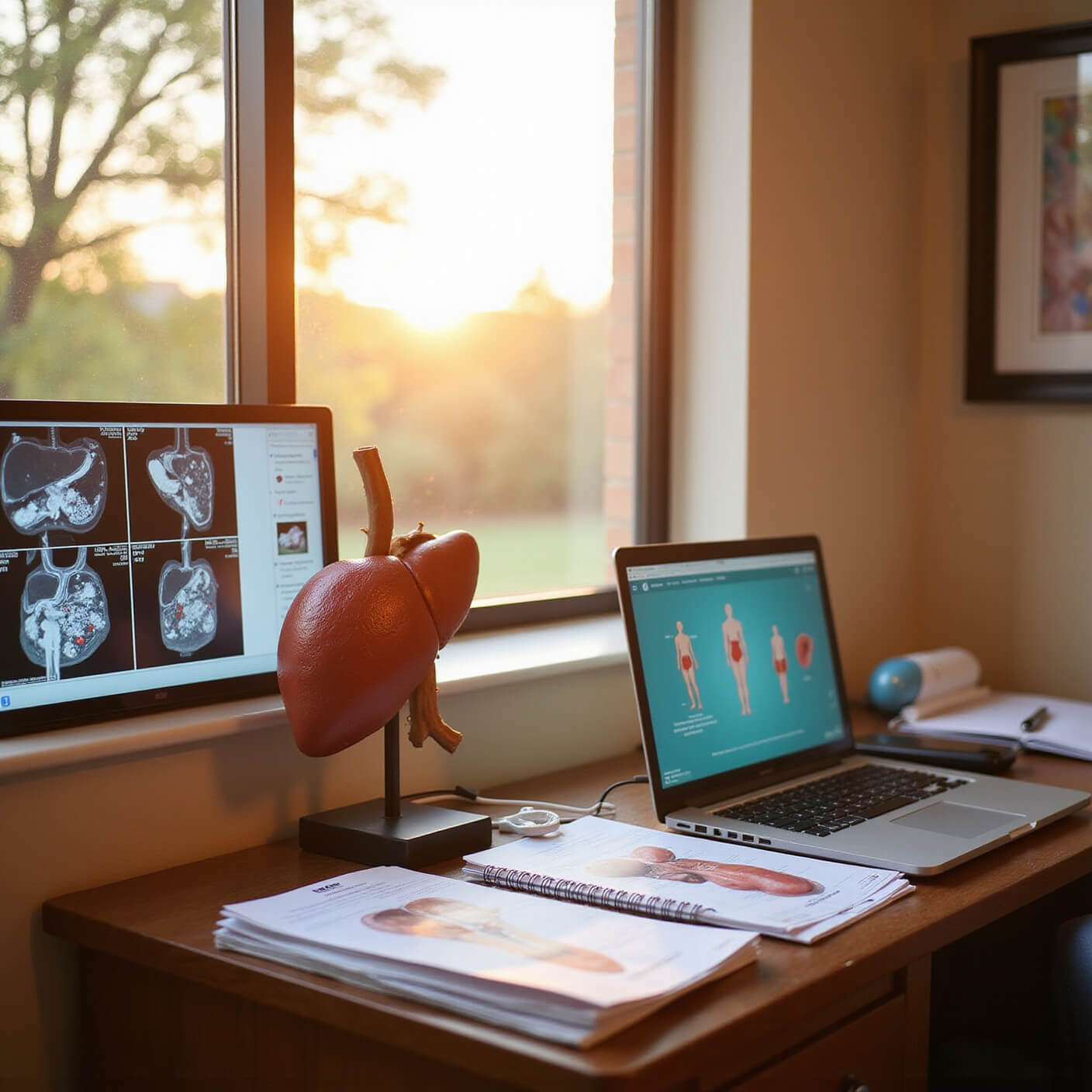
The Organ-by-Organ Breakdown
Your Brain on Alcohol
Chronic drinking literally shrinks your hippocampus — the memory and learning center.
Alcohol creates microscopic damage that accumulates over time, potentially leading to:
- Cognitive decline
- Reduced neural connectivity
- Increased dementia risk

Liver: Your Body’s Overwhelmed Filter
Most people don’t realize how hard the liver works during drinking:
- One drink forces the liver into emergency processing mode
- Repeated drinking leads to potential fibrosis
- Chronic alcohol use can cause permanent cellular damage
Heart Health Consequences
Contrary to some outdated beliefs, alcohol isn’t heart-friendly:
- Increases inflammation markers
- Disrupts normal cardiac muscle function
- Raises blood pressure consistently
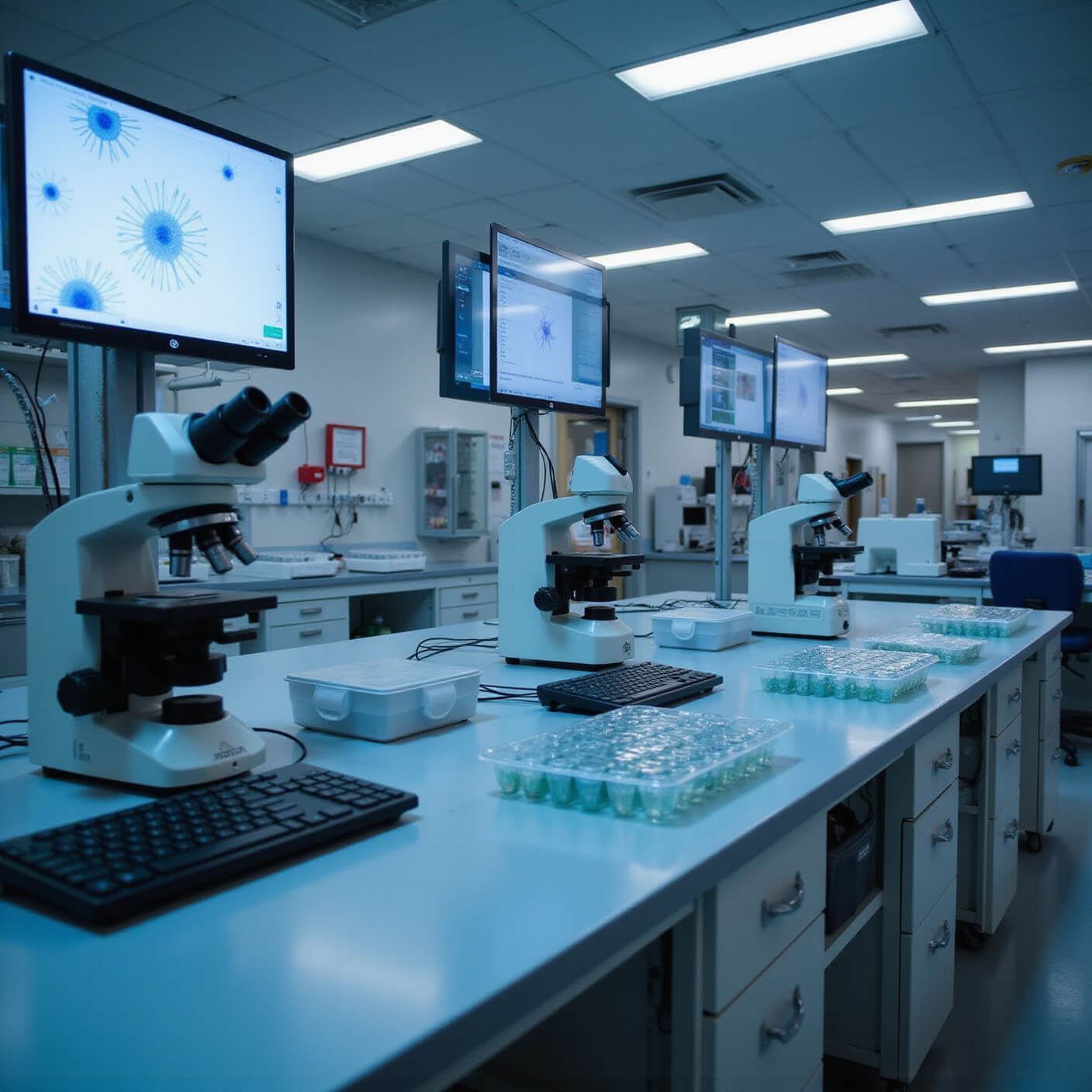
The Immunity Connection
Alcohol doesn’t just make you feel bad — it fundamentally weakens your body’s defense systems.
Key immune disruptions include:
- Reduced white blood cell production
- Slower pathogen response times
- Increased inflammation markers

Practical Harm Reduction Strategies
Moderation is Key
- Limit drinks to 1-2 per occasion
- Hydrate intensely before and after drinking
- Eat protein-rich meals to support metabolic processing

Recovery Nutrition Hacks
- Consume Vitamin B1-rich foods
- Prioritize electrolyte replacement
- Focus on clean protein and vegetable intake
What Happens When You Reduce Drinking
Potential benefits within weeks:
- Improved sleep quality
- Enhanced cognitive function
- Better metabolic efficiency
- Stronger immune response
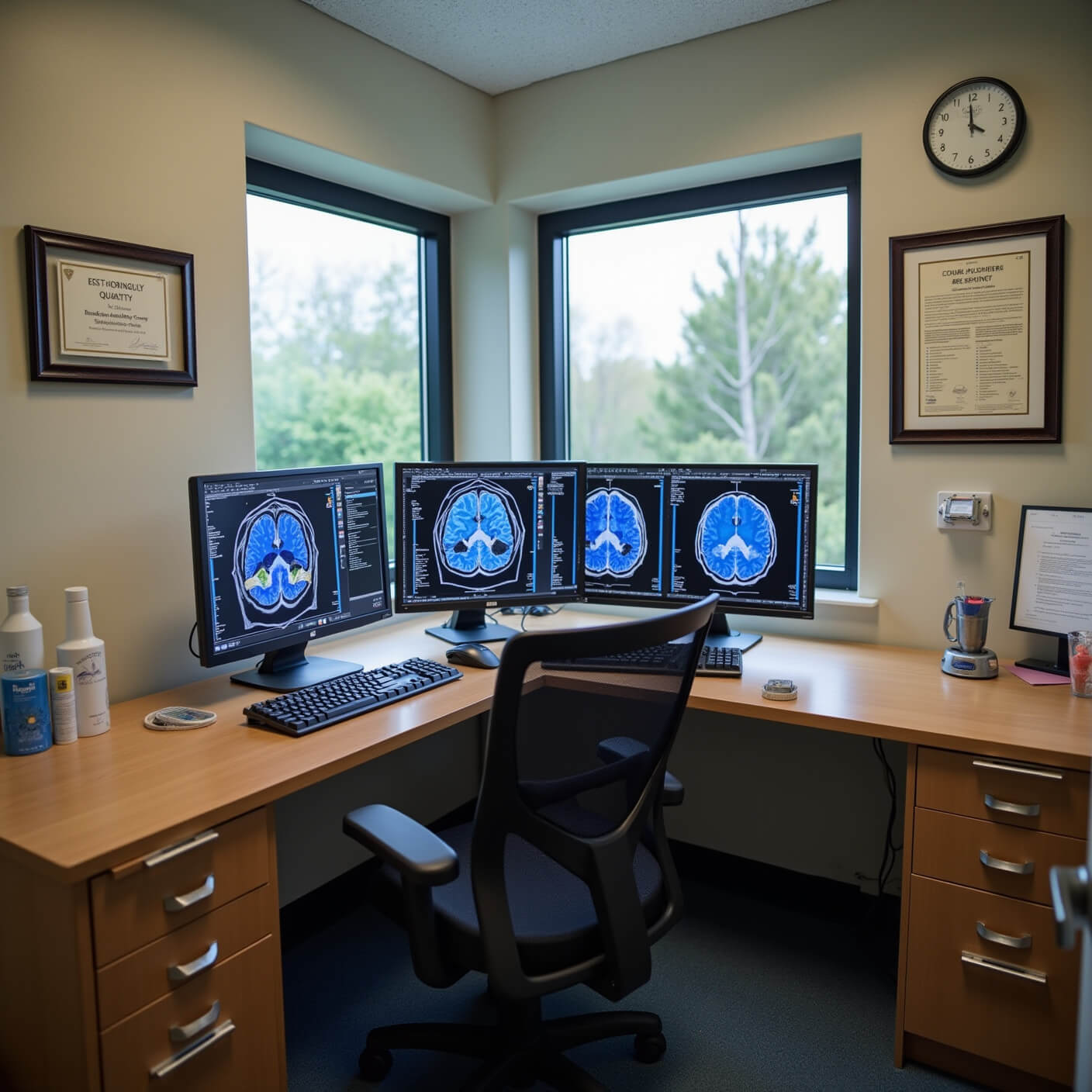
The Bottom Line
Alcohol isn’t inherently “bad” — but understanding its complex biological impact empowers smarter choices.
Knowledge transforms casual drinking from a mindless habit into an intentional decision.
Research Citations
- [1] National Institute of Health Alcohol Studies
- [2] Journal of Neurological Sciences
- [3] Metabolic Health Research Foundation
- [4] Cardiovascular Disease Prevention Quarterly
- [5] Neuropsychopharmacology Reports
- [6] Clinical Nutrition Insights
- [7] Liver Disease International
Pro Tip: Always consult healthcare professionals for personalized guidance on alcohol consumption and its potential impacts.

